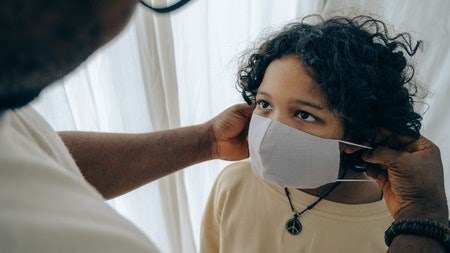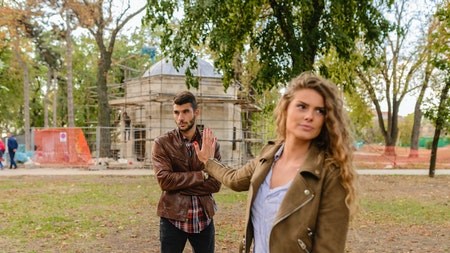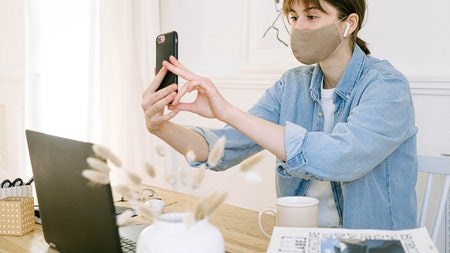South Africa’s national lockdown from 26 March 2020 brought the housing market to an almost complete halt, with pending property transfers in limbo and tenants unable to relocate and honour lease agreements.
With Deeds Office branches closed, estate agents were unable to earn an income through commission, and in terms of the initial guidelines the sector was scheduled to only function again at Alert Level 2.
After extensive lobbying by individual agencies as well as the Real Estate Business Owners Association (Rebosa) and the newly formed National Property Professionals Council (NPPC), the National Command Council removed estate agencies from the list of businesses that were not permitted to operate during Level 3.
As a result of this as well as the lower interest rates, several estate agencies were able to report record sales in the second half of 2020, as many former tenants opted to buy instead of rent.
Impact on property
Residential
Covid has certainly hit many home owners hard, but because the government has tried to stimulate spending, interest rates are the lowest they have been in decades. The prime interest rate declined from 10% at the start of 2020 to 7% at present.
This means that on a R1 million home loan, instead of monthly repayments of around R10 000 a few years back, installments are now only about R7 000 a month. Many property developers are also offering full value bonds, so you can buy into a new development with a minimal deposit.
With fewer tenants able to afford high rentals, most residential landlords were obliged to rein in rental hikes. According to the latest PayProp Rental Index, rental growth dropped from 3.2% in the first quarter of 2020 to 1.6% in the second quarter, 1.5% in quarter three and just 0.2% in the fourth quarter. In Rand terms, the average rent increased from R7 844 in the fourth quarter of 2019 to R7 854 for the same period in 2020 – an increase of just R10 over the year.
Commercial and industrial
According to the latest FNB Property Broker Survey the industrial property market is still perceived to be the strongest of the three major commercial property sectors. However, a very weak perceived demand-supply balance in all three property classes has continued in the fourth quarter of 2020.
The office property sector is seen as the weakest of the three classes, with a significant proportion of survey respondents perceiving many companies to be re-assessing their office space requirements in light of the successful lockdown-related remote working period.
Getting back to school
After a disrupted 2020 school year and an extended summer holiday, schools around the country finally restarted on February 15, with most schools opting to have pupils alternating days of attendance.
Some tips for optimising the school year during the pandemic:
On school days be sure to observe all Covid-19 protocols:
Wear a mask unless you are eating or drinking.
Maintain social distancing.
Wash or sanitise your hands regularly.
On days at home set up and follow a routine that enables you to complete your schoolwork during a set time, rather than just working when you are in the mood.
Set your alarm to wake up at a given time.
Have a proper breakfast and take a shower before settling down to work at a set time.
Divide your day into periods, as if you were in school.
Take regular short breaks between periods.
Set aside time for physical activities like walking or swimming.
Back to work
Now that South Africa is at Lockdown Level One people are starting to trickle back to work, although many are still working from home, at least part of the time.
Back at the office, maintaining social distance is essential, along with mask-wearing and regular sanitising and washing of hands. If you are using public transport, be sure to keep these protocols in mind and don’t be tempted to neglect them.
Lessons learned
Not long after the country moved to Lockdown Level One towards the end of 2020, most people relaxed their adherence to the Covid protocols, and the result was a second wave of the virus hitting the country with even more disastrous results than the first wave. The number of positive cases spiked along with record death rates, and the country was plunged back into strict lockdown just before the holiday season.
This second spike brought home to many South Africans that Covid-19 is still very much with us and we can’t let down our guard just yet. Defeating the virus is dependent on everyone keeping this in mind. The start of the vaccine rollout has brought a glimmer of hope. Most South Africans feel that once the vaccine is generally available with most of the residents being vaccinated to achieve herd immunity, we will be able to move forward and rebuild the economy.
Heart-warming stories that made us smile
Somehow, in among all the heartaches and headaches of the lockdown, South Africans still found ways to make light of the situation.
Mask mishap – President Cyril Ramaphosa was captured on live television struggling to put on his mask as he walked off the podium at the Union Buildings in April after addressing the nation. The on-air incident showing the mask initially covering his eyes and nose before he managed to put it on correctly, went viral almost instantly and ignited the #maskchallenge, with participants vying with one another to show that the president wasn’t the only one who could wear a mask ‘creatively’.
Jerusalema – This beguiling dance united people all over the world during lockdown, with social media alive with videos of people of all ages, shapes and sizes – from nuns and Buddhist priests to children and healthcare workers – dancing to the catchy tune by South African musician Kgaogelo Moagi (aka Master KG).
All in all, South Africans are resilient and if we work together and keep a healthy perspective, we will be able to weather this storm and emerge stronger than before.





